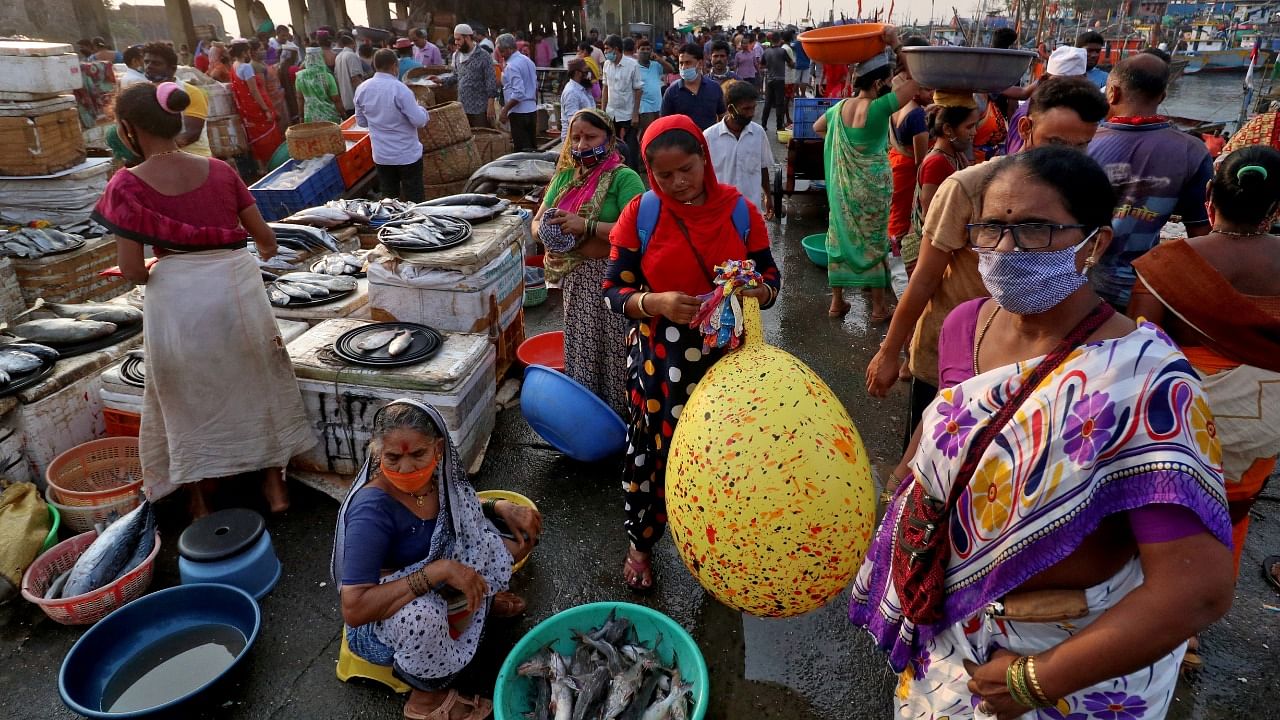
Many changes had taken place in my native place in Kerala since my last visit. I decided to spend more time there to see how different it had become from the village where I grew up.
I didn’t have to wait for long. At about ten in the morning, I heard the musical sound of a horn from the roadside. Soon afterwards, womenfolk rushed outside, calling the names of those still inside their homes. Seeing my bewildered look, my host said, “It’s the fish tempo. It brings fresh sea fish.”
“What happened to our fish market?” I asked in confusion. That was the place from where people bought fish in the past. Only the river fish was brought to the village in the morning by the fisherwomen from across the river.
“It was closed some years ago. A housing colony stands there now. As everything is available in shops, there’s no need for evening markets.”
During my childhood, someone from every house used to go to the fish market in the evening. It was on the state highway, about two kilometres away from my home. Though it was called the fish market, all things of everyday use were available there. If people from the surrounding areas had wares to sell, they would bring them there. Buyers would start arriving by four in the evening and shortly the market would be chockablock.
There were no plastic carry bags or other kinds of bags for shopping those days. People of all ages would walk to the market, carrying small bamboo baskets plastered with cow dung. Since fish would be one of the items bought, they would place pieces of newspapers or large leaves at the bottom of the basket to absorb water. Shoppers who did not plan to buy fish would pluck some broad leaves of trees standing nearby and buy fish in them.
“What fish is available today?” housewives would ask those returning from the market. They would show their purchase and describe what else was available in the market that day. If they included some items of their liking, they would hurry to the market.
That was the time when even coins had value in the market. The fish sellers didn’t keep weighing scales. They would dump handfuls of popular varieties like sardines into your basket without counting or weighing them. Those who preferred fish caught from rivers, canals, and ponds would go to the area earmarked for them.
Since schools will be closed by four in the evening, peddlers of sweets, parched groundnuts, grams, and such items near schools also would head towards the market. Traders had to pay the owner of the market land a small amount for being allowed to use the market.
Though changes are to be expected over time, I wished I could spend some time in that market once again.